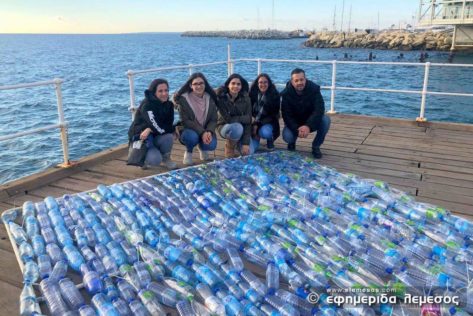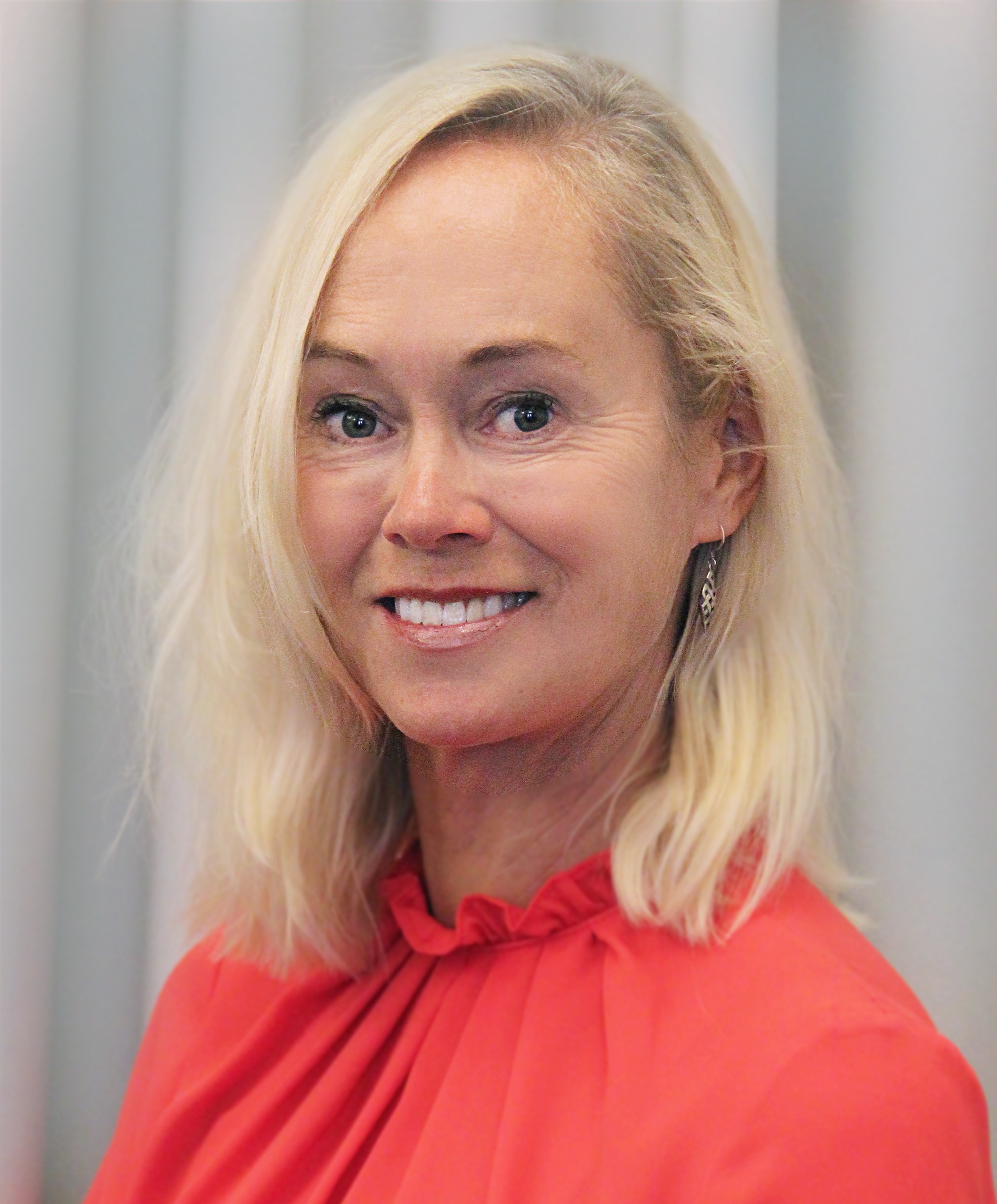PERSPECTIVES

The idea was to create a “plastic target”, in order to investigate if plastic floating in the sea can be detected, depending on its Spectral Signature using satellite or drone. Firstly, we took in situ and laboratory measurements on plastic to create a representative database and discovered its special characteristics which were used as guidelines to spot it. After creating and taking measurements on the target we analyzed the data and created a Prototype Code. Finally, by testing the Prototype Code of plastic bottle, we confirmed that accumulated plastic rubbish can be successfully detected using satellite or drone. Thus, a new, effective way of tracking plastic rubbish is introduced which can contribute in the protection of the marine environment.
This is how I came up with the idea for this project:The littoral zone of Limassol is been polluted by manmade rubbish, especially plastic. Knowing the huge damage done to the marine environment, we were determined to find a way to prevent sea pollution as much as possible or to help the authorities clean the sea in a more effective way.

Programme manager ania.andersch@siwi.org +46 8 121 360 59